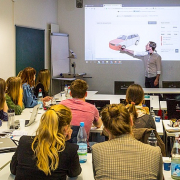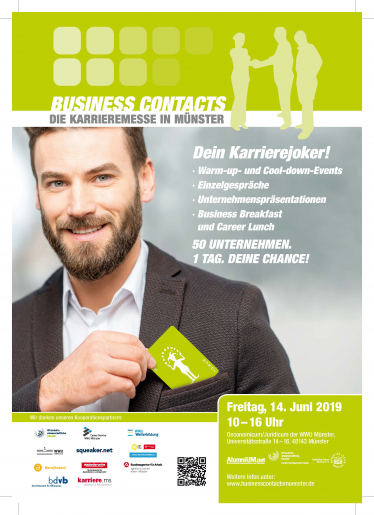Jeden Tag passieren in Deutschland rund 7.200 Verkehrsunfälle. Dabei kommen in 89 % der Fälle glücklicherweise keine Menschen zu Schaden. Besonders für Autofahrer sind Unfälle jedoch ärgerlich, weil deren Regulierung nicht selten mit Gutachterterminen und langwierigen Schriftwechseln mit der Versicherung verbunden ist.
MCM Spotlight: 100+ Sekunden Gedankenfutter aus Münster mit Mirko Caspar
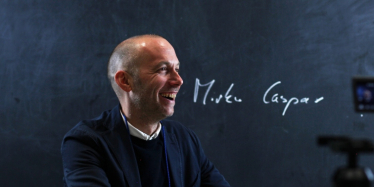
Die zwölfte Episode unserer Interviewreihe "MCM Spotlight" ist online! In diesem Format teilen ausgewählte Gäste des Marketing Center Münster in (ungefähr) 100 Sekunden ihre Sicht der Dinge mit Marketingstudenten, Wissenschaftlern und Managern.
Er hat den Online-Kauf von Brillen revolutioniert und in ein echtes Shopping-Erlebnis verwandelt: Mirko Caspar, FB4-Absolvent und Co-Gründer von Mister Spex. Im Video spricht er über Unterschiede im Management von Start-Ups und etablierten Unternehmen und gibt Einblicke in sein Verständnis von gutem Marketing.
MCM Scholars receive best paper award
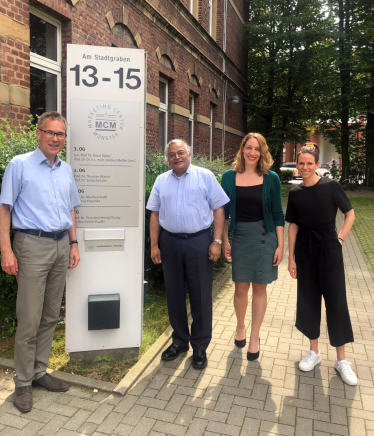
For their paper on store-reinventions, Manfred Krafft and Mirja Kroschke along with their co-authors Els Breugelmans (KU Leuven), Marleen Hermans (KU Leuven) and Murali Mantrala (University of Missouri), have been awarded with the Best Paper Award at the Research on National Brand and Private Label Marketing (NB&PL) International Conference. The conference took place from June 12 to 14 in Barcelona (Spain), and is the primary international forum to present and discuss original, rigorous and significant contributions specifically on NB and PL issues.
Free No More! Research by Gerrit Cziehso about Price Introductions Published in JBR
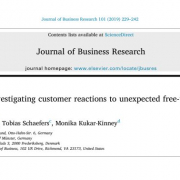
Dr. Gerrit Cziehso recently published a study on customer's reactions to unexpected price introductions in the Journal of Business Research (Vol. 101). Unexpected price introductions occur when companies introduce prices for previously free products or services. These strategic decisions are common in many industries, such as hospitality (e.g., introduction of fees for internet access inside the hotel), banking (e.g., introduction of checking account fees), or media and entertainment (e.g., introduction of fees for using online content).
“And the winner is…”: this year’s IJRM Best Paper Award goes to three MCM scholars!
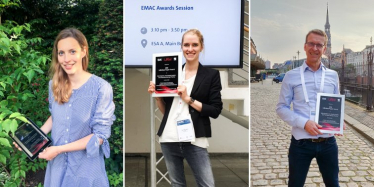
The International Journal of Research in Marketing (IJRM), Europe’s leading marketing journal and one of Marketing academia’s rare “A journals,” annually honors a single paper as the best article published in the previous year. This year’s winner was co-authored by MCM scholars Nele Hansen, Dr. Ann-Kristin Kupfer, and Prof. Dr. Thorsten Hennig-Thurau. The prestigious award honors their article “Brand Crises in the Digital Age: The Short- and Long-term Effects of Social Media Firestorms on Consumers and Brands”, which appeared in last year’s December issue of the IJRM.
CEM Bayer Business Consulting-Workshop
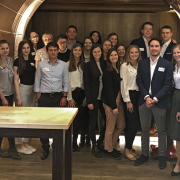
On Friday, May 24, 2019, members of the Circle of Excellence in Marketing (CEM) took part in a workshop at Bayer Business Consulting in Leverkusen. The workshop was organized and conducted by Aline Geick, project manager in the Marketing & Sales department, Tobias Porz, director Marketing & Sales, and former CEM member Henrik Siedentopf, who today works as a consultant in Business Transformation & Change.
MCM-Studentin gewinnt Preis der Deutschen Marktforschung 2019
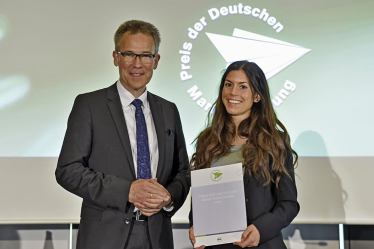
Die MCM-Studentin Vera Zanger hat den diesjährigen Preis der Deutschen Marktforschung für Nachwuchsforscher in der Kategorie Masterarbeit gewonnen. Sie hat ihre Masterarbeit zum Thema "Messung von Zahlungsbereitschaften bei Innovationen: Welche Methode sollte in welchem Kontext angewendet werden?" unter Betreuung von Jonas Schmidt am Institut für Marketing verfasst. Die auf Vorschlag von Prof.
Quick but not dirty: New meta-analysis shows superiority of direct methods for measuring WTP
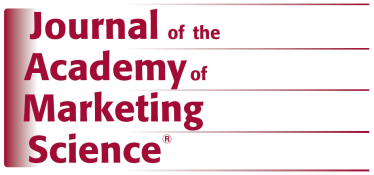
A meta-analysis on willingness to pay measurement by Jonas Schmidt (IfM) and Tammo H. A. Bijmolt (University of Groningen) is accepted for publication at the Journal of the Academy of Marketing Science (JAMS). By analyzing 115 effect sizes published in 47 papers, the authors show that direct methods for measuring consumers’ willingness to pay outperform indirect ones in terms of accuracy.


